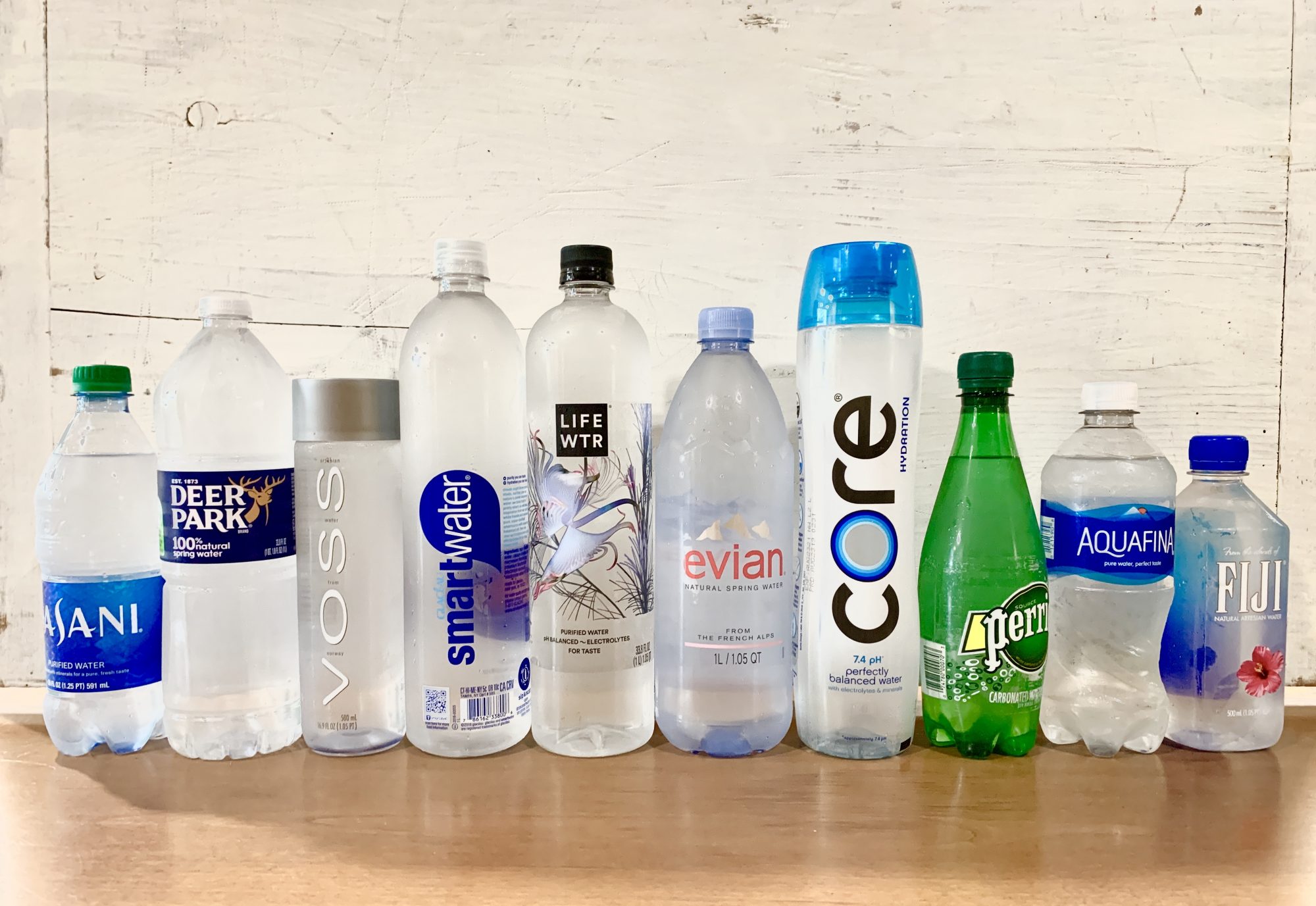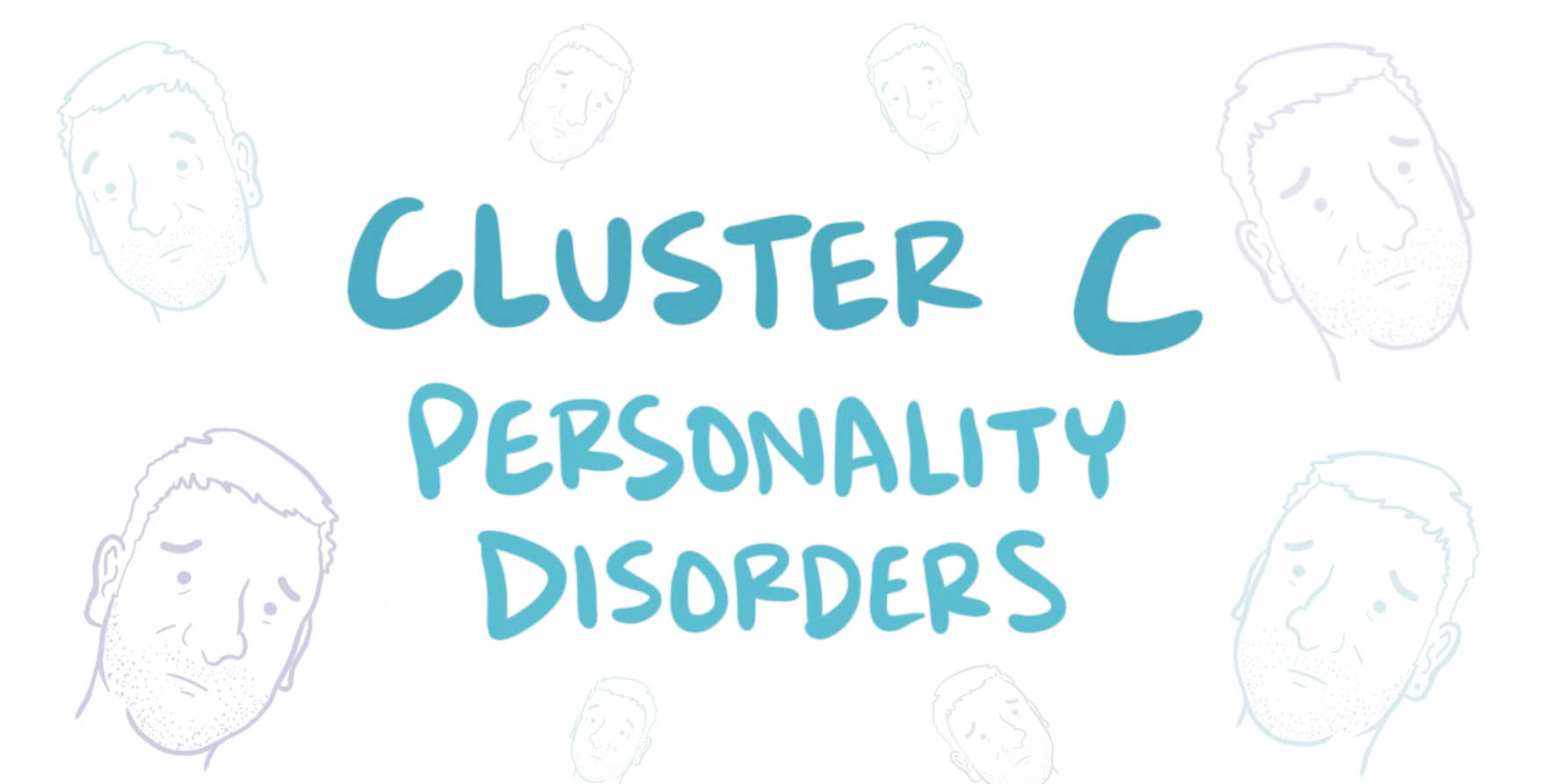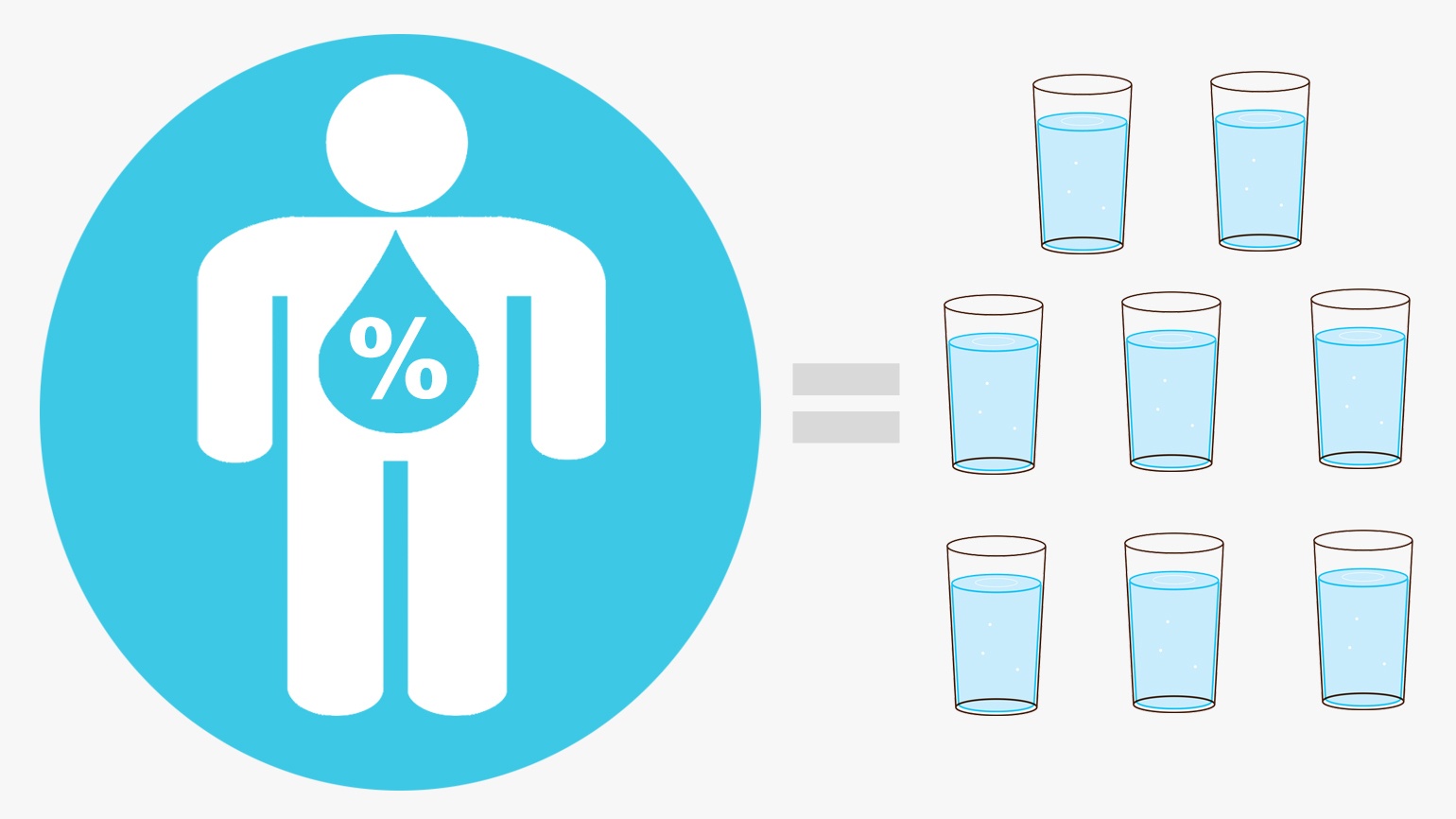Water is a precious resource for all the lives on earth. We cannot think of living a single day without drinking water. But what is distilled water?
If you don’t know the answer, then you are in the right place. This article will briefly discuss it, its uses, benefits, risks, etc.
Table of Contents
What is distilled water?
You have probably heard about tap, bottled, or sparkling water before. Then what about distilled water? Is it any different from those? No, it’s not.
It is vapor from boiling water and then returned to its liquid state after cooling it down. It goes through many processes, making it different from other water types, known as H2O in chemistry.
History of distilled water
It is a kind of drinking water that goes through a lot of processes.
In this process, we take water from the sea and purify it to make the water drinkable since about AD 200 when Alexander of Aphrodisias clearly described the process.
A passage in Aristotle’s Meteorologica also mentions the distillation of water.
The journal of Captain Israel Williams of the ‘Friendship’ (1797) says a way to purify water in the same process mentioned above.
The difference between distilled water and other types of water:
Whether it’s water from natural springs or regular tap water, all water has several minerals, bacteria, and contaminants in it.
But this water stays absent of these. Since distilling the water removes all impurities. More than 99.9% of the minerals vanishes when we use this process.
A simple description of different types of water:
-
Tap water:
Tap water is the water that comes out of a faucet. It’s likely disinfected with chlorine, treated with chemicals to neutralize the dirt, and filtered to remove sediments. It is the water we regularly use to drink, do household chores, etc.
-
Filtered water:
Filter water is tap water that goes through filters that remove chlorine, bacteria, and some other chemicals to improve the taste. Different types of filters help remove different specific things that people drink, as bottled water is mainly filtered water.
-
Purified water:
Purified water is water that is free from chemicals and microbes. We remove them by reverse osmosis, in which water runs through a membrane to get rid of minerals, chemicals, and microbes.
We can also achieve it by ozonization, in which we disinfect water by using ozone rather than using chemicals.
According to the EPA, water should not contain more than ten parts per million of total dissolved solids labeled as purified water.
-
Distilled water:
It is almost like purified water. But compounds such as salt, minerals, and other organic materials are removed from it by collecting the steam from boiling water and then condensing it in liquid form.
Its applications
Compared to regular water, which comes out of the tap, this water has many applications. Some of the common uses are:
-
Laboratory experiments:
In chemistry and biological laboratories, we use this type of water a lot to conduct different experiments.
Because non-purified water can cause interference with chemical reactions, it leaves mineral deposits after boiling away, which causes harm to the gadgets used for experiments.
-
Car cooling systems:
In normal tap water, we commonly find different types of ions. These ions in regular tap water will drastically decrease the batteries’ lifespans and the vehicles’ engine’s metal parts.
Since distilled water doesn’t have the materials found in regular tap water, it won’t interfere with the lead-acid batteries or corrode metal parts in the engines used in cars and trucks.
-
Cosmetics:
Distilled water is one ingredient that we use to make moisturizers, shampoo, deodorant, etc.
-
Aquariums:
Living things such as fishes require specific minerals. Adding this type of water to an ecosystem, like an aquarium, may reduce these minerals’ concentration. Then we can add only the needed range of minerals to keep the fish life safe and sound.
We can use this type of water in aquariums to remove the known and unknown contaminants and impurities that may harm fish life.
-
Steam irons:
It was once a recommended procedure to use distilled water in steam irons and press clothes because it could reduce mineral build-up and increase iron life. But at present most manufacturers say that using this water is unnecessary in steam irons.
Since this type of water is capable of heating beyond an average boiling point because of the absence of impurities that we find in normal water, it will flash boil while using iron, cause the iron to leak or spit, and cause harm to its user.
So, in the present time, manufacturers are against using this type of water in steam irons because it will ruin the product and harm its user.
-
Certain medical devices:
We use distilled water widely in medical applications. We know that medical uses require pieces of equipment that are reliable to use and free from impurities.
Constant Positive Airway Pressure or for short (CPAP) machines use this water massively to humidify the air for breathing. It doesn’t leave behind impurities when the humidifier in the (CPAP) machine vapors the water.
We can use it to clean medical devices as well. We can use it to decrease the chances of infection.
Because distilled water doesn’t leave behind any contaminants, that’s why it is used instead of regular water that comes out of a faucet for cleaning devices used for medical purposes so that bacterial infection doesn’t spread.
We can use it to clean wounds and for dialysis purposes to prevent bacterial infection because of its purity.
- Industrial use:
The clothing industries widely use distilled water. They use it for different purposes, such as washing, drying, etc.
- Watering plants:
Plants grow better if we water them with distilled water. Because if we use this water, there will be no build-up of unwanted materials in the plant’s soil.
Also, there is no organic, non-organic, heavy metal, or other contaminants in this type of water, which will harm the plant’s growth.
How to make distilled water yourself
It is simple to make this type of water on your own. Just follow the given instructions:
- First, collect a large pot and fill it halfway.
- Then take a cup and tie it to the pot’s lid so that the cup would hang right side up inside the bank while shutting the cover.
- Make sure that the cup is high up enough inside the pot and doesn’t touch the water.
- After making all the preparations, boil the water for at least 20 minutes. Boiling the water would create vapor, which shall rise, and later on, we will condense it back into the water.
- The water drops that drip from the lid into the hanging cup shall be distilled water.
Is distilled water safe to drink?
Yes, it is safe to drink. But you may find the taste bland or flat. That’s because only hydrogen and oxygen remain in it and nothing else.
Essential minerals such as sodium, magnesium, calcium aren’t present in it, which gives the flavor we get from tap water during the distillation process.
Pros and cons of distilled water
Different companies that produce this kind of water first boil it to evaporate it to collect the steam and condense the collected steam back into its liquid form. The process removes minerals and impurities out from the water. Some sources say that drinking this water will help to detoxify your body and improve your health conditions.
At the same time, other sources say that drinking this kind of water will leach essential minerals from your body and put your health at risk.
But neither of these claims are entirely accurate in reality.
Some of the benefits and risks of drinking distilled water:
Benefits of distilled water:
Depending on where you live, drinking this water might turn out best for you than drinking regular tap water.
If your town’s water turns out to be tainted with harmful substances and chemicals, which are detrimental to your health, then you’re safe with drinking distilled water.
Risks of distilled water:
The side effects of this water are:
- Apart from the bland taste, it fails to provide you with essential minerals from regular tap water.
- Since it lacks its minerals, it tends to pull those lacking from whatever it comes in contact with to maintain balance.
So, if you drink this water, it may remove a small number of minerals from your body, especially from your teeth, which causes your teeth to damage quicker than usual.
- It lacks essential minerals such as sodium, magnesium, calcium, even electrolytes such as potassium and other vital minerals that your body needs.
If you only drink distilled water, you may miss out on these essential micronutrients which your body needs.
- Some studies suggest that drinking only this water, which is low in essential minerals and micronutrients, causes weakness, tiredness, muscle cramps, heart diseases, etc.
- Moreover, drinking this water doesn’t help you stay hydrated like other kinds of waters do. The lack of hydration causes weakness and tiredness to occur in the body.
- Storing this kind of water could pose a problem, as well.
Since it can pull the minerals from whatever it touches, it may absorb trace amounts of plastic and other substances from the container holding the distilled water.
What to do to counter the side effects of distilled water?
Drinking this water doesn’t cause any direct harm to our health.
But because it lacks the essential minerals that our body needs and has the tendency to absorb those minerals from whatever it touches, one may fall sick after drinking it for a long time.
To counter this problem, one should make sure to take the daily servings of recommended fruits and vegetables.
Frequently Asked Questions (FAQ):
-
Is distilled water safe to drink?
Answer: Yes, it is safe to drink.
If you live in an area where the water is very polluted and contaminated with harmful substances, drinking this kind of water is your best option.
-
Does distilled water has any side effects?
Answer: This kind of water doesn’t provide us the crucial minerals and materials like regular tap water and absorbs them from whatever it touches.
If you drink only this water for a long time, you may experience a little weakness, tiredness, and dehydration as side effects.
-
What can I do to prevent the side effects of it?
Answer: Drinking distilled water isn’t harmful to health.
But drinking only this water for too long will cause side effects such as tiredness and dehydration. It doesn’t hydrate the body or contain the necessary trace amount of minerals.
To prevent these problems, make sure to include fruits and vegetables in your regular intake of foods so that you can compensate for the lacking of essential minerals and materials.
-
Distilled water or tap water, which one is better?
Answer: There’s no right answer to it.
Depending on your location, the water that comes out of your faucet may become polluted with harmful substances that can harm your health. In that case, drinking distilled water is the best choice.
But then again, drinking this water for a long time causes dehydration and a lack of essential minerals in the body. Because this type of water doesn’t provide us necessary minerals like tap water does, which is also harmful.
So depending on just only one of them isn’t the right choice.
Conclusion
Overall, we can say that distilled water is beneficial because we can use it for various applications other than drinking. But then again, only drinking this type of water involves risk towards our health.
So, drinking this kind of water as a replacement for regular drinking water is both advocated and discouraged for health reasons. We hope the information in this article was useful for you and helped you learn about distilled water.





